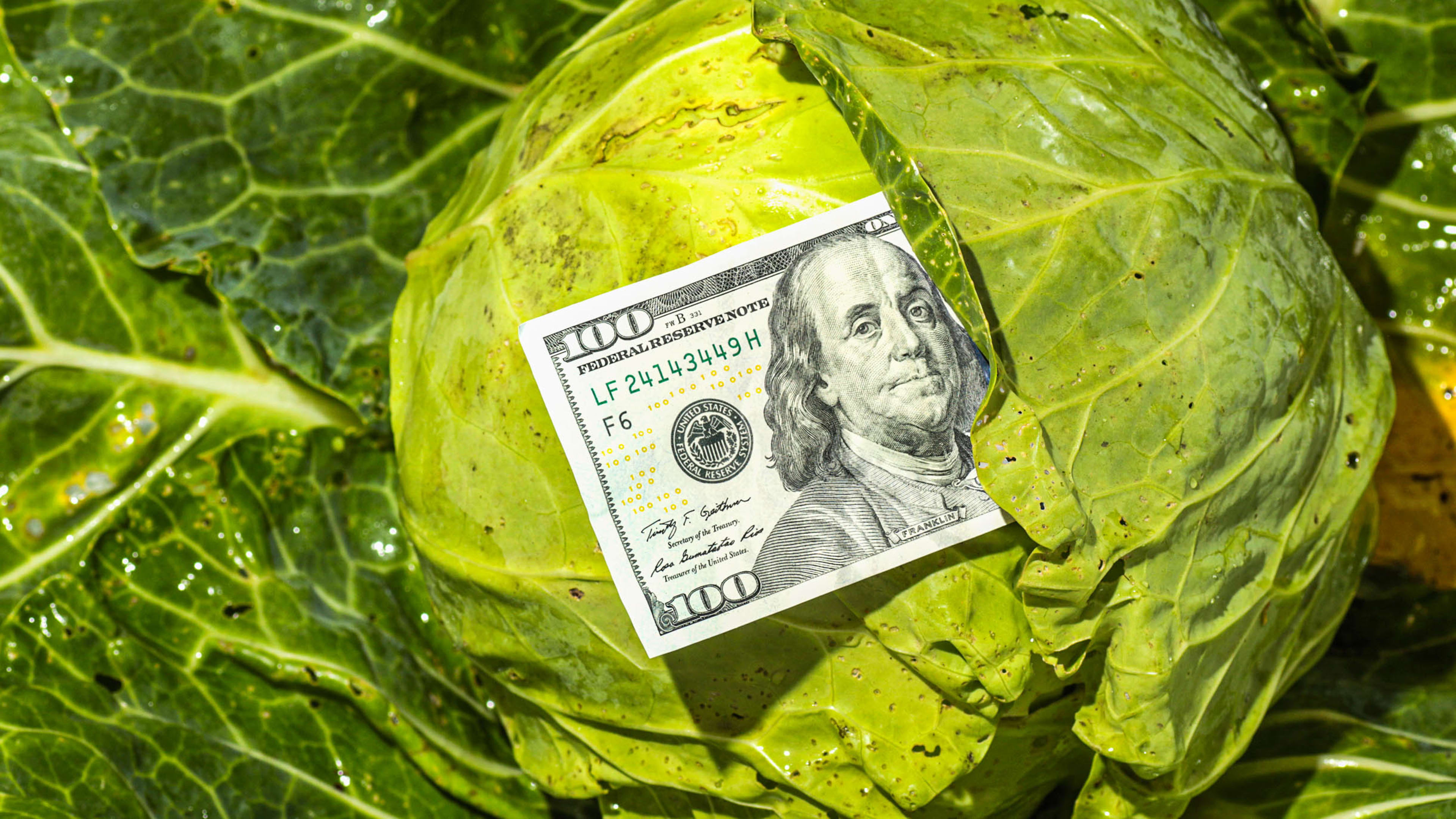The pandemic caused plenty of economic headaches in the United States, but it did serve to rekindle Americans’ entrepreneurial spirit. During 2021, for example, roughly 5.4 million new businesses were formed in the U.S., setting a new record, according to Census data. While a cooling economy and higher interest rates have slowed things down in recent months, more than 30,000 businesses were started during December.
And some of the world’s largest companies are now retooling their offerings to help the influx of small companies become bigger in the years ahead.
American Express, most widely known for its credit card offerings, is launching American Express Business Blueprint, a new digital cashflow and management hub that’s designed specifically for small businesses. The new platform gives small businesses and entrepreneurs access to a slew of features, and the company hopes that it will effectively become a “one-stop shop for small business’ financial needs,” Anna Marrs, a group president at Amex, said in a statement.
That’s likely welcome news to a host of new entrepreneurs. Interestingly enough, American Express is utilizing one of its pandemic-era acquisitions to create the new hub—one that has some significant baggage.
Amex’s Business Blueprint is built on the Kabbage platform—an online lending company whose technology American Express acquired back during the summer of 2020. Kabbage was recently put on blast by Congressional investigators for facilitating Paycheck Protection Program (PPP) loan fraud during the height of the pandemic. It’s is one of several fintech companies (along with Blueacorn, Womply, and Bluevine) named in a U.S. House Select Subcommittee on the Coronavirus Crisis report released last month that reportedly dolled out fraudulent loans.
For example, a May 2021 ProPublica report found that Kabbage processed around 300,000 PPP loans during the program’s initial stages, and 378 of them, totaling $7 million, went to fake businesses. In effect, Kabbage and others have been taking heat as they “refused to take adequate steps to detect and prevent fraud despite their clear responsibility to safeguard taxpayer funds,” said Representative James Clyburn, chair of the Select Subcommittee on the Coronavirus Crisis, in a statement released in December.
What’s left of the original Kabbage now operates as a separate company called KServicing, which filed for bankruptcy in October. However, American Express evidently feels that the Kabbage brand name still carries weight among the small business sector. Marrs, in a statement, said that Kabbage “is now fully integrated into the suite of American Express business products,” and as such, it may be safe to assume that the brand isn’t as tarnished as many might expect.
American Express has maintained a focus on working with and supporting small businesses over the years. For instance, it created Small Business Saturday after the 2008 financial crisis, and in 2020, it committed $200 million to small business stimulus programs. So while Kabbage may have baggage, Amex appears comfortable putting its assets to work.
Recognize your brand’s excellence by applying to this year’s Brands That Matter Awards before the early-rate deadline, May 3.
